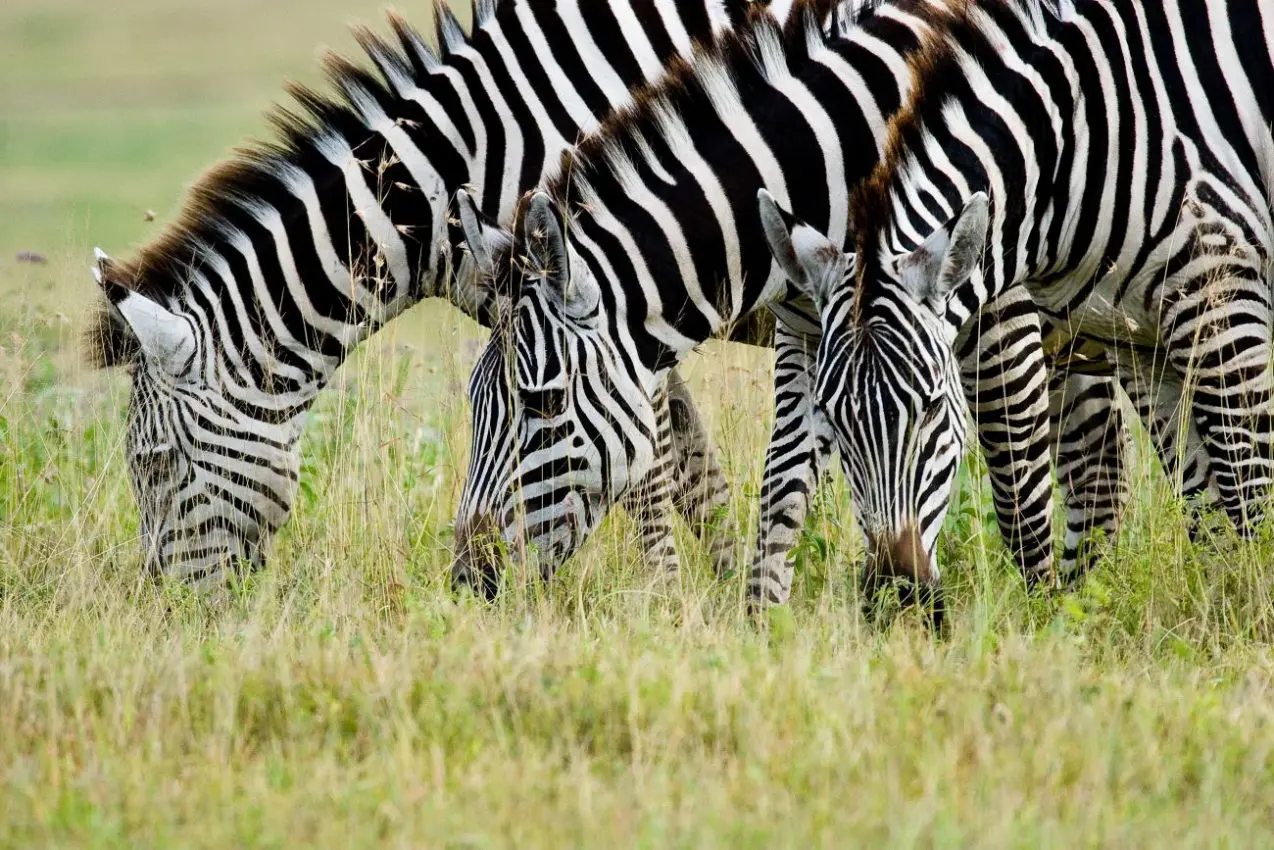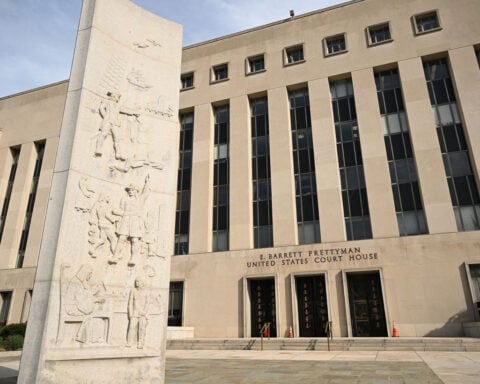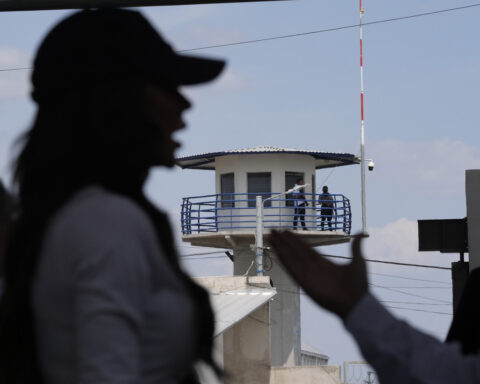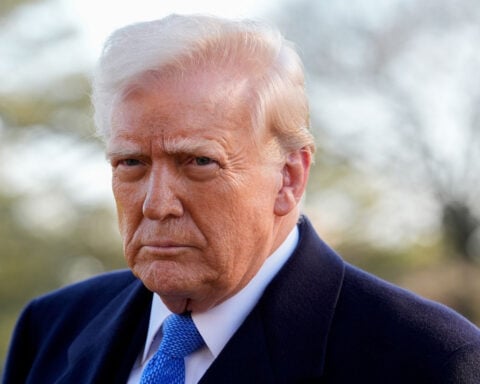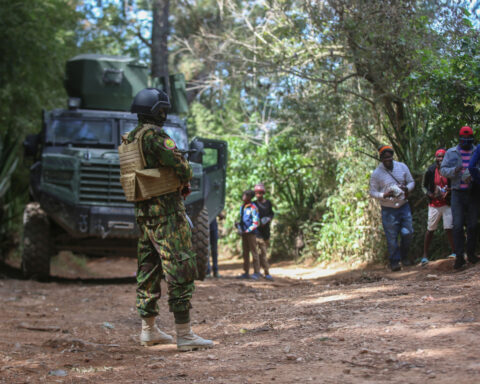In August 2021, three zebras that got away thrilled the whole country. But when their difficult past came to light, it showed that the exotic animal trade had serious problems with regulation. People in rural Maryland were confused when the zebras showed up out of the blue. Soon, though, the amazement turned to fear when two zebras were discovered dead in strange ways.
The deaths set off a cascade of turmoil around owner Jerry Lee Holly, 78, whose exotic animal businesses have operated for decades despite chronic legal violations. Prince George’s County officials charged Holly with animal cruelty misdemeanors for each zebra that fled his estate. Federal oversight agencies — which knew of Holly’s deeply troubled history yet continued licensing him — now face scrutiny over how he kept acquiring exotic creatures.
The regulatory breakdown enabled an owner unfit to care for such sensitive species, experts said. But it enthralled a nation craving whimsy amid the Covid-19 pandemic’s toll. “Maryland’s runaway zebras” spawned delighted media coverage about their taste of freedom — until revelations over the animals’ welfare and Holly’s practices spoiled the fairy tale.
“He exemplifies a typical bad licensee that gets away with abusing and neglecting animals year after year,” said Debbie Leahy, a captive wildlife specialist at the Humane Society of the United States.
Holly had brought 39 zebras from Florida to Maryland in August 2021. Prince George’s County officials said Holly never notified them of the zebras’ arrival at his estate, called Bellefields Farm, nor secured the required local permits. Then overnight on Aug. 22, three zebras escaped while being unloaded by caretakers lacking expertise in handling the species, according to a U.S. Department of Agriculture (USDA) inspection report.
Local animal control officers, more accustomed to dealing with dogs and deer than zebras, deferred to Holly as the self-described expert. But after two zebras turned up dead weeks later, officials shifted to a more aggressive stance. “The welfare of the animals could be at stake,” said Andrea Crooms, director of Prince George's County's Department of the Environment, which oversees animal control.
According to officials, the first one perished after its hoof snagged in an apparent snare trap close to Holly’s property line. The second zebra was healthy before dying amid stressful media helicopter flights over the farm, Holly stated through his lawyer. Prince George’s County filed animal cruelty charges over the escape itself — not the deaths.
But the mysterious deaths compelled closer scrutiny from oversight agencies — USDA, which issues licenses for exotic animal facilities, along with state and local authorities. They knew Holly and his animal exhibition businesses from a troubled history spanning at least 30 years across Maryland and Florida.
County officials expressed frustration over poor communication and fuzzy divisions of authority between different agencies. For example, Prince George's County officials assumed state wildlife agents had removed the first zebra carcass. Those state agents thought it wasn't their responsibility.
Likewise, USDA does not manage exotic animals kept solely as pets, instead deferring to state and local statutes. Some local laws depend partly on federal licensing to track exotic pet owners. Critics said all this patchwork regulation — involving multiple permits and inconsistent definitions — hinders monitoring of facilities like Holly’s.
"Nobody deals with it until something bad happens that endangers public safety,” said Leahy of the Humane Society.
USDA repeatedly inspected Holly’s licensed facilities and chronicled animal welfare violations, including unsafe conditions. But Holly faced little punishment beyond small fines. From 2011 to 2021, USDA cited Holly's operations more than 160 times under the Animal Welfare Act. Florida wildlife authorities levied over 300 additional state animal welfare citations against Holly in that period.
Prince George’s County officials accused Holly of purposefully avoiding county exotic animal permits until the zebra escapes and deaths forced more scrutiny. Likewise, USDA granted Holly his first known federal license in 1999. But Holly has been in the exotic animal business since at least the 1970s.
Holly pleaded guilty over the years in Florida courts to criminal animal neglect charges on four occasions. Typically, judges issued modest fines and probation. USDA declined to revoke Holly’s federal license despite criminal convictions and severe state penalties against his Florida farm.
Critics consider Holly’s chronic issues textbook grounds for terminating his federal permit to display, breed, and sell exotic species. “It’s a disaster waiting to happen,” said the Humane Society’s Leahy.
In 2015, a high-ranking USDA official requested an internal investigation into whether the agency could revoke Holly’s license for “serious chronic repeat noncompliances.” Around the same time, Florida wildlife commissioners revoked his state permits for the first time in agency history. They harshly criticized Holly's indifference toward his animals and faulty record-keeping.
State officials ordered Holly to re-home his creatures in 2015. But four years later, investigators still found dozens of animals at his Florida property in dreadful conditions. Holly told inspectors he had simply “lost paperwork” for many new acquisitions and missing animals.“His bad records were consistent with illegal trafficking in wildlife,” Florida authorities wrote.
Another warning letter from USDA followed in 2020 with more citations. Finally, federal officials made Holly’s license renewal contingent on passing a compliance inspection. Weeks before the zebras fled his Maryland farm, Holly filed his application claiming no past animal welfare violations.
Today, Holly faces trial in Maryland on three misdemeanor counts for letting the zebras escape. Although the zebras delighted legions of fans — hungry for whimsy after the pandemic’s grimness — their plight revealed deeper regulatory dysfunction.
“The animals are dangerous,” Prince George’s County officials wrote while filing criminal charges. The zebras remain sequestered from public view, their location a mystery. Meanwhile, Holly’s checkered history fuels calls for reforming oversight of America's vast exotic animal trade, which occurs in a patchwork of jurisdictions.
Without communication gaps and uniformly stern accountability for violators like Holly, critics said, similar cases will keep plaguing the industry — and animals will pay the price.

 Trump has begun another trade war. Here's a timeline of how we got here
Trump has begun another trade war. Here's a timeline of how we got here
 Canada's leader laments lost friendship with US in town that sheltered stranded Americans after 9/11
Canada's leader laments lost friendship with US in town that sheltered stranded Americans after 9/11
 Chinese EV giant BYD's fourth-quarter profit leaps 73%
Chinese EV giant BYD's fourth-quarter profit leaps 73%
 You're an American in another land? Prepare to talk about the why and how of Trump 2.0
You're an American in another land? Prepare to talk about the why and how of Trump 2.0
 Chalk talk: Star power, top teams and No. 5 seeds headline the women's March Madness Sweet 16
Chalk talk: Star power, top teams and No. 5 seeds headline the women's March Madness Sweet 16
 Purdue returns to Sweet 16 with 76-62 win over McNeese in March Madness
Purdue returns to Sweet 16 with 76-62 win over McNeese in March Madness
